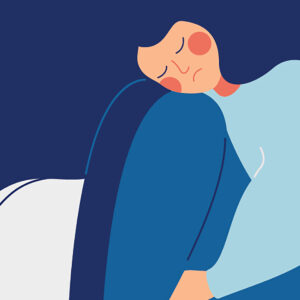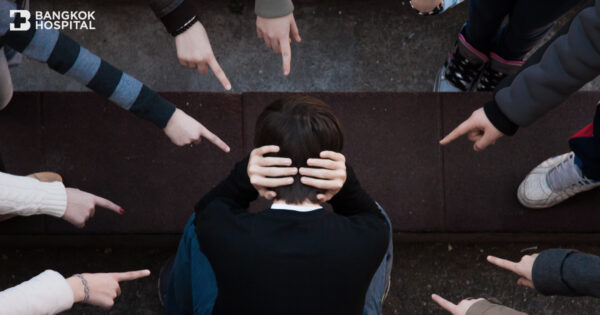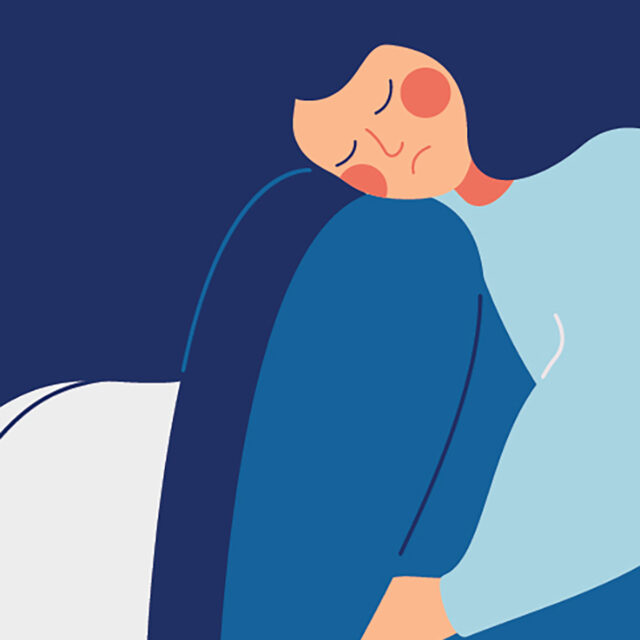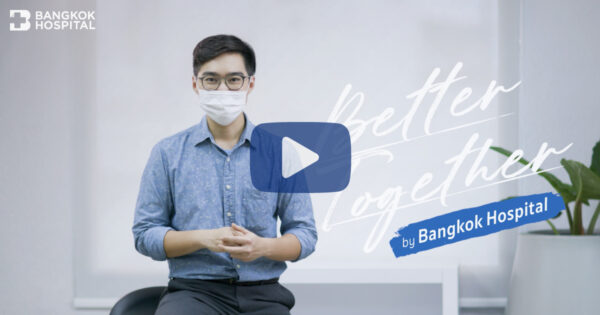Bullying or mocking may sound like a little bit of fun in teenagers’ life at school, but parents and teachers are now recognizing the impact of bullying on the “victims,” as it can cause long-term psychological damages that greatly disrupt a person’s life, employment, relationships, happiness, and achievements.
The Truth about Bullying
- Bullying can take various forms and is not specifically mocking either. It does not have to be rude insults necessarily, but includes mimicking gestures or facial expressions, as well as cyberbullying that employs social media technology to provoke feelings of embarrassment, worthlessness, distress, or even to expose the person’s personal information.
- Bullying is not limited to children or teenagers, as adults can also be bullied.
- If you are being bullied, you are not alone facing this problem. There are lots of people – even famous people – who admit that they have been bullied. To resolve bullying, it is something that requires everyone’s cooperation, including you.

Stop Bullying
To stop bullying, you need to start with a proper understanding. Psychiatrists has found that “victims”, especially bullied children and teenagers, are often neglected by their teachers, parents or family members. The children say their parents regard the matter as insignificant and do not understand why the children are making a big fuss. Sometimes family members might unintentionally repeat the bullying by saying, “it’s true, you’re really fat,” or “your haircut does look awful,” or “you are so stupid,” etc.
Accepting or regarding bullying as a normal phenomenon in Thai culture and society is the worst course possible, and adults should take this matter seriously. Failure to eradicate it or to let the situation pass daily is considered to be psychologically sending a clear message of “permission” or that it is something “acceptable”. So, to stop bullying, it must begin with a bully-free school or workplace policy announcement (like no-smoking in medical facilities).
Bullying can occur anywhere, regardless of whether it is government, private or international schools. Expensive tuitions do not mean no bullying. Severity of the problem is determined by poor management rather than by economic, social, or cultural status. Psychiatrists find that, though many parents and teachers recognize the problem and try to help, mismanagement due to a lack of understanding pushes victims to become more hurtful and desperate. Even their screams for help do not improve the situation, such that victims chose to suppress their feelings and no longer seek help.

Teaching Your Kids Self-Defense Against Bullying
Parents and teachers should organize activities with children to address monitoring and preventing bullying. Take initiative, do not wait for bullying to occur. At the same time, you should also prepare your children how to react if, in spite of all the precautions, they are being bullied. Sometimes children may not know how to tell a friend to stop bullying; or if trying has failed, they should know where to ask for help. Children should also understand the basics, such as de-escalation, when being bullied (retaliation will only worsen the situation). Teach your children to collect evidence of bullying – such as messages sent online or on social media – and encourage them to talk about the situation and find a way to help. Some schools will choose to hold a meeting between the parties involved, which may be a possible option. Nevertheless, such a face-to-face gathering should be done cautiously in a safe environment and lead to solutions, with a teacher or qualified psychiatrist handling the discussions. Otherwise, it can escalate the situation and result in even more severe bullying.
How to Evaluate Damages from Bullying
Evaluation requires consultation with an experienced child and adolescent psychiatrist. Some children whose backgrounds make it difficult to adapt or possibly have depression that require special care. Parents should help their children understand that consulting an expert or psychiatrist is not uncommon. In fact, it can be helpful to both the children and the families by nurturing greater mutual understanding, as well as helping them solve the problem more effectively.
In the end, mentally healthy children are happy and usually will not bully others. It is interesting to think that those who bully others may be trying to hide their pain and insecurity themselves. Instead of blaming or punishing them, teachers or parents should investigate and put a lot of effort into understanding, giving love, guiding and counseling them. So, let us start today to end all bullying.
Mental Health Rehabilitation and Recovery Center,
Bangkok Hospital offers treatment and preventive programs with “teenage language” and a deep understanding of the teenagers’ world for parents, by experienced team of psychiatrists and mental health specialists.









